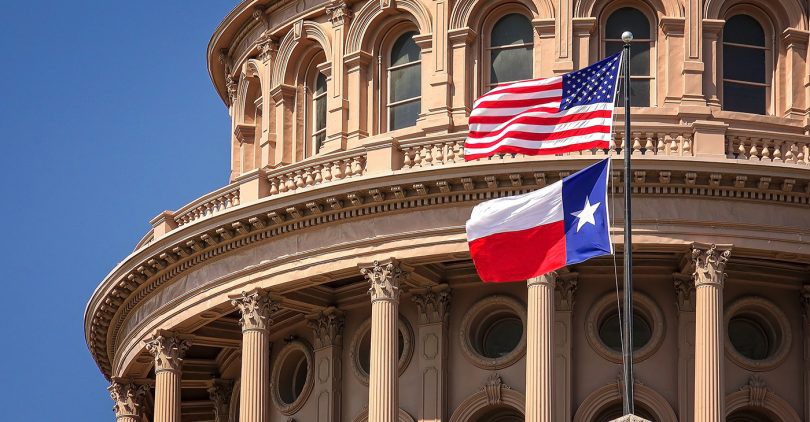A new law in Texas, passed during Memorial Day weekend, would make Texas one of the most restrictive in terms of ease of voting. Texas’ voting laws were already restrictive compared to other states.
Texas had the highest voter turnout in 30 years in 2020.
The new Texas bill, SB7, mandates that you can vote with gun permit but not student ID, no online voter registration, individuals must be deputized to register voters, voters under 65 can’t use fear of COVID to vote by mail.
In addition, Texas has closed 750 polling places since the U.S. Supreme Court under John Roberts, destroyed the Voting Rights Act of 1965 with their Shelby vs. Holder decision in 2013.

Since the victory of President Biden over Donald Trump by over 7 million votes in November of 2020, Republican legislatures and governors have been passing more restrictive voting laws.
The effort is coupled with Trump and his supporters pushing “the big lie” that the 2020 election was somehow fraudulent. President Biden’s victory is seen as American voters turning back the Trump movement.
In 2016, Trump won the electoral college but lost the popular vote to Hillary Clinton by 2.8 million votes. Texas was ranked 44th in voter turnout in 2020.
The new law, which is expected to be signed by Republican Governor Greg Abbott, would ban drive-through voting and 24-hour voting.
NDG 3/16: Dallas community observes the passing of long-time State Rep. Samuel William Hudson, III
The new bill would prohibit election officials from mailing absentee ballots to all voters and prohibit using any temporary structure as a polling location such as a tent or mobile home.
Many of the methods of voting that would be prohibited under SB7 were used by hundreds of thousands of voters during the 2020 election.
Democrats in Congress must soon decide whether they will end the filibuster to protect voting rights on the federal level and pass the John Lewis Voting Rights Act of 2021. The legislation would restore and strengthen the parts of the Voting Rights Act of 1965 that were diluted by the Roberts Court.
Lauren Victoria Burke is an independent journalist for NNPA and the host of the podcast BURKEFILE. She is also a political strategist as Principal of Win Digital Media LLC. She may be contacted at LBurke007@gmail.com and on twitter at @LVBurke.




